Your Diet Can Affect Your Oral Health: How to Keep Your Teeth and Gums Healthy?
The foods you eat can impact not only the way your body looks but also your dental health. While many healthy ingredients are necessary for oral wellness, some wrong choices could lead to problems with teeth and gums in later life – so stay tuned!
To keep your teeth healthy, you must be getting the nutrients their bodies need. Find out how different foods and drinks affect oral health in this article.

Impact Of Poor Diet on Your Teeth
There are many unhealthy foods that you should consume with caution, such as sugary items and carbonated drinks. These can lead to cavities or tooth decay in your mouth.
The most important thing you can do for your teeth is to ensure they stay healthy. That means eating a balanced diet with plenty of fruits, vegetables, and protein-rich foods like eggs or fish twice daily. Sugary treats should be used sparingly not to compromise oral hygiene practices ultimately.
There are some foods and drinks you should avoid to improve oral health. High carbohydrate content, starch, or acid will wear down the enamel on your teeth over time. What else might be bad for our pearly whites? You can keep them healthy by staying away from these items altogether!
Food To Avoid To Maintain A Healthy Mouth
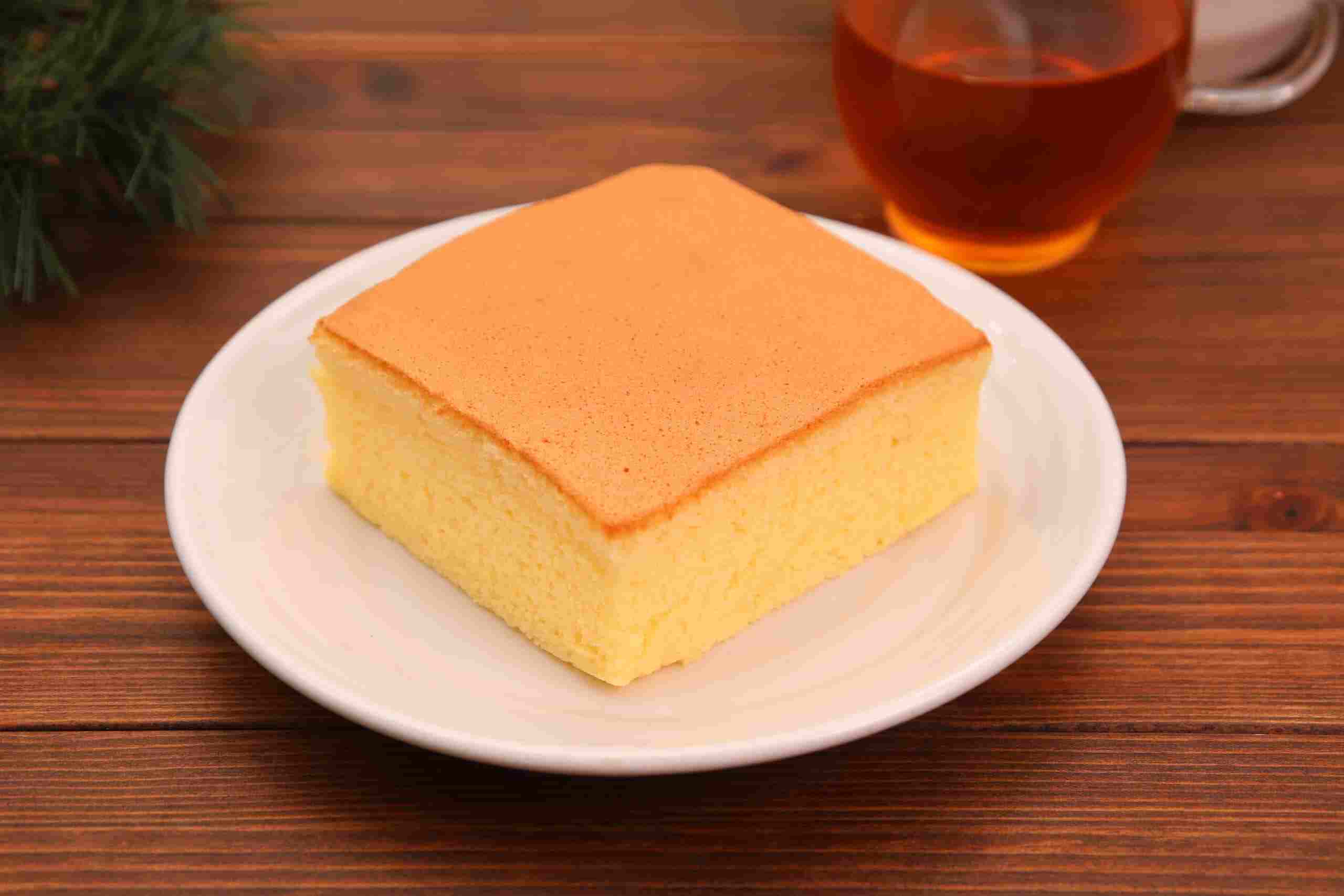
Sugary Foods & Drinks
When you eat or drink something with sugar, it sticks to your teeth and promotes tooth decay. It’s a condition that can be more severe for those who have poor nutrition. It’s best to avoid soft foods like cake (and candy) which promote this type of damage because they’re not nutritious enough on their own.
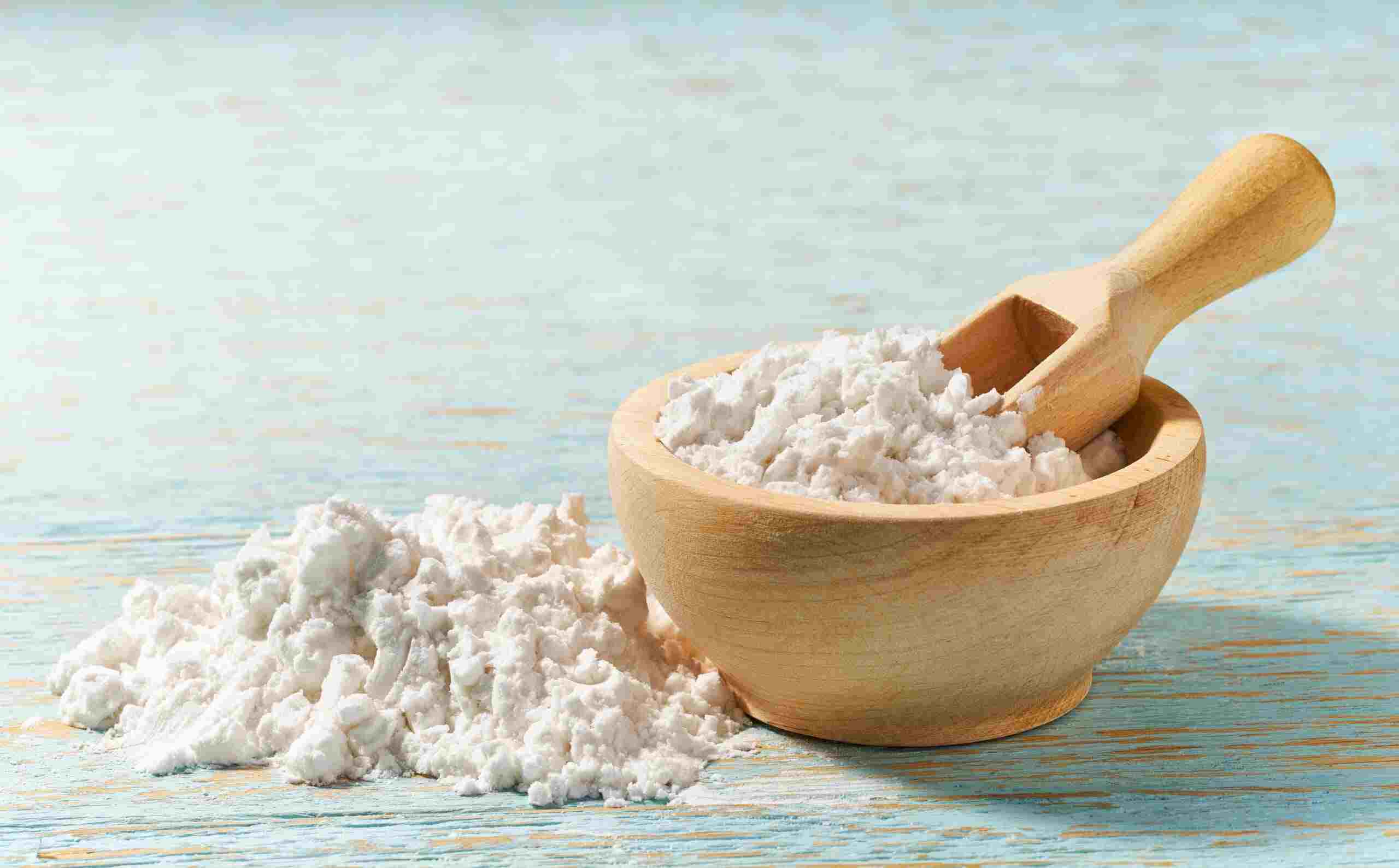
Starchy Foods
Eating healthy foods is the best way to keep your teeth clean. But starchy carbs can cause problems with plaque accumulation, so you and your loved ones must also stay away from these types of carbohydrates.

Carbonated Drinks
The leading source of sugar in the diet for kids and teens is carbonated drinks like pop, soda, or energy drinks. Unfortunately, these products aren’t good because they have high levels of added sugars, which can cause cavities if consumed often over time by an unpaid child! These manufactured beverages may also contain phosphoric acid that attacks tooth enamel once ingested into your mouth.
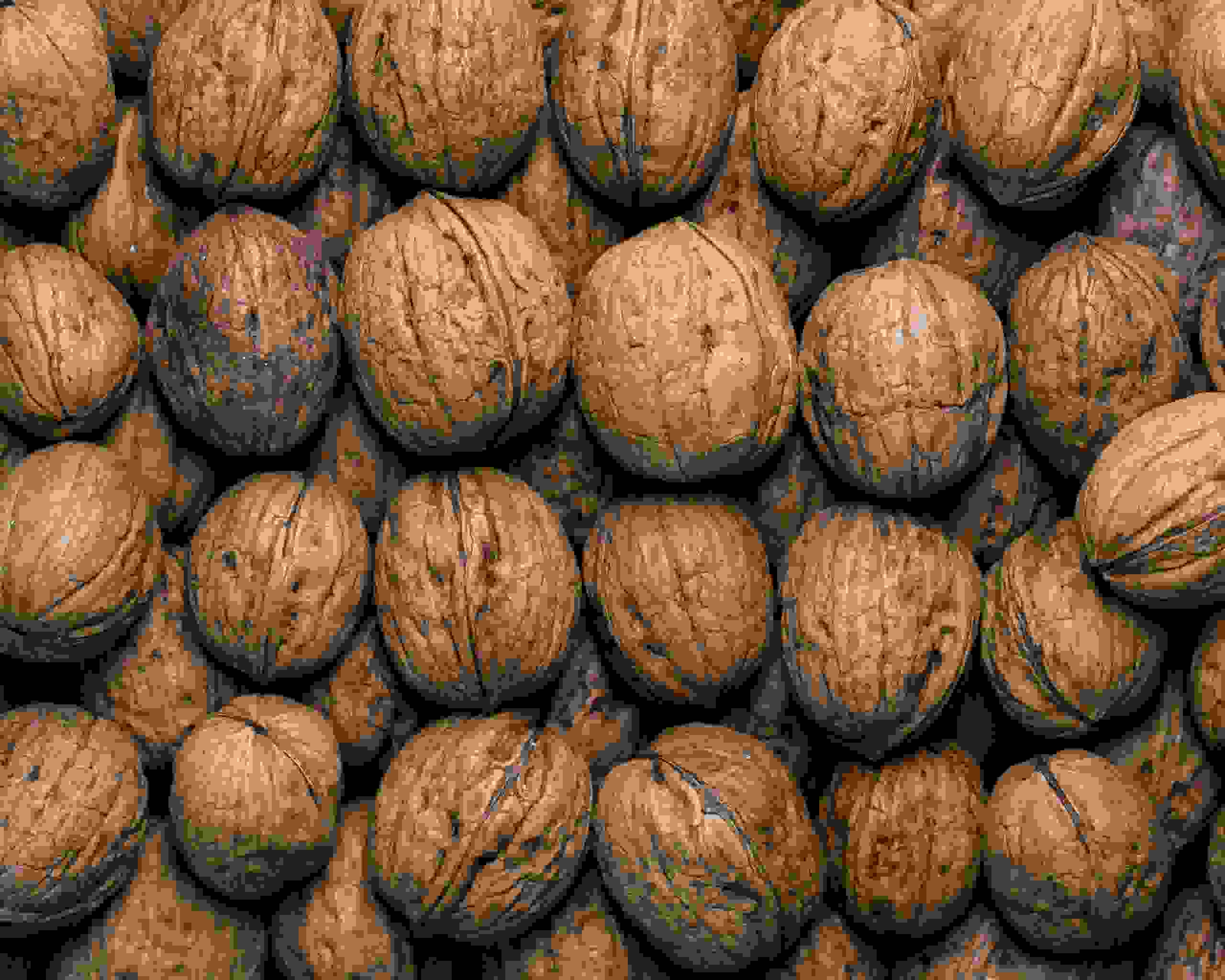
Hard Food Items
If you want to avoid breaking a tooth, stay away from complex and salty foods. These can cause dental emergencies by damaging your teeth’s enamel layer, leading to painful situations like root canal treatment or even extraction.
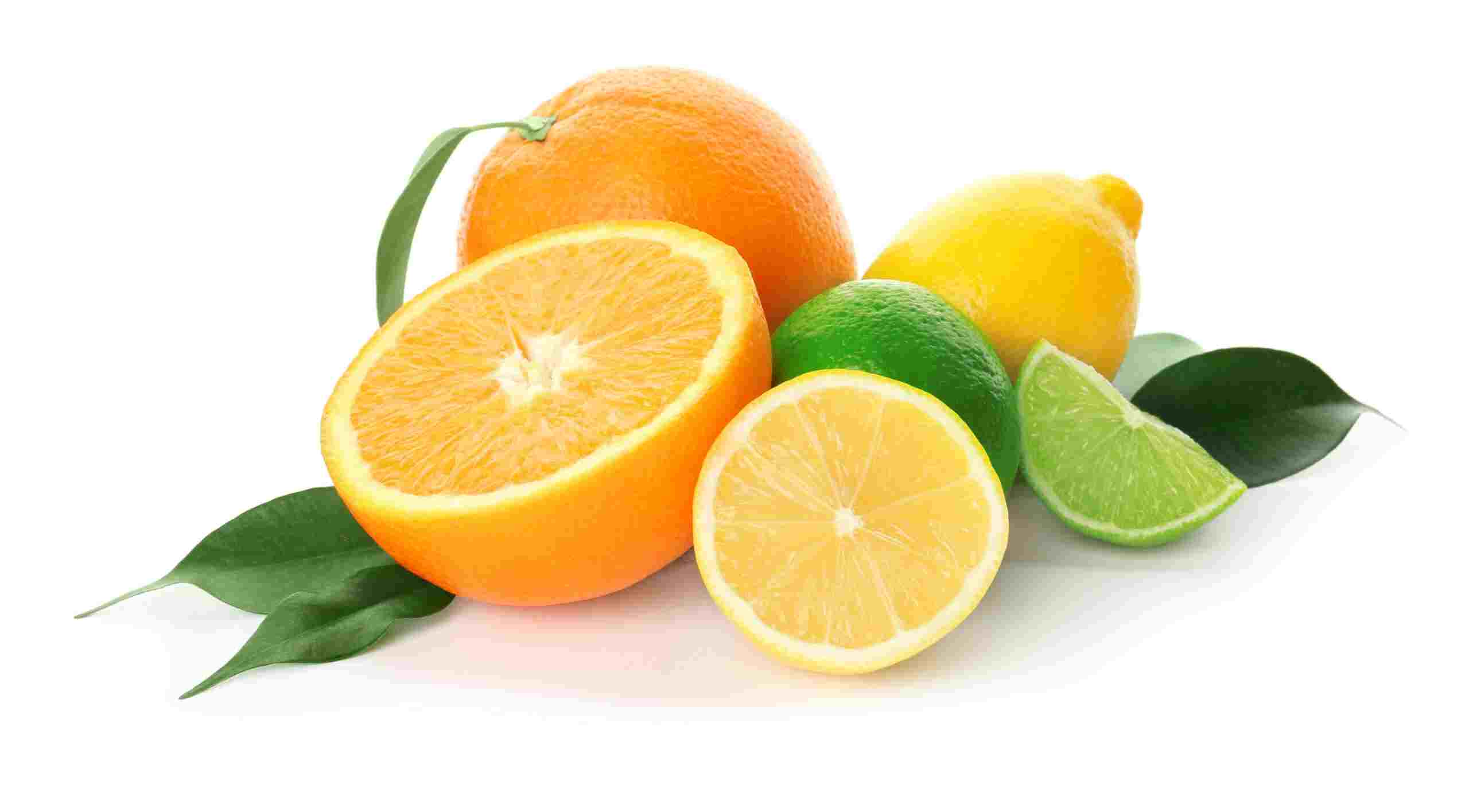
Citrus Fruits
The acids in fruit, wine, and juice can erode enamel over time. Thus, it makes them more prone to developing cavities or decay which is never healthy for your teeth.

Alcohol
Those who drink regularly can experience dry mouth, which increases the risk of oral infections and gum disease. Excess alcohol consumption also contributes to the development cancerous cells within your mouth.

Caffeine
Caffeine can stain teeth and make it hard for you to brush them. It also causes dry mouth. Many people who drink coffee or tea with their favourite sweetener (sugar) have early plaque and cavities, which they didn’t want there
Improve Your Eating Habits To Get Healthy Teeth
Refined sugars are not suitable for our dental health because they cause tooth decay, but it’s also important to remember that they can be prevented by eating more fresh fruits and vegetables. In addition, a lack of essential nutrients will deplete the entire immune system, allowing oral diseases like gingivitis or cavities between teeth to worsen before you even know what’s happening.
Learning to eat sugar and starch foods in moderation is an excellent way for people who have dental problems like gingivitis or cavities. When you consume them, try eating them as part of a meal rather than snacking on sweets all day long. Your mouth produces saliva when you eat a full meal. It helps to rinse away harmful ingredients from teeth. Plus, if you brush after meals, you are always on the safer side.
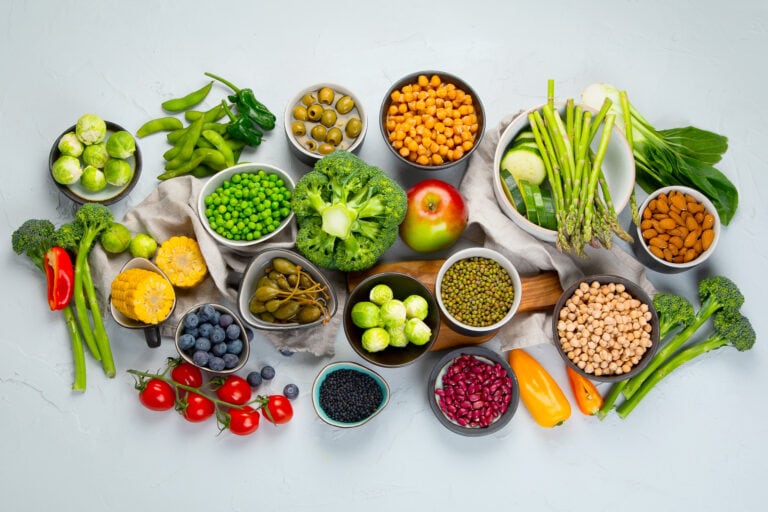
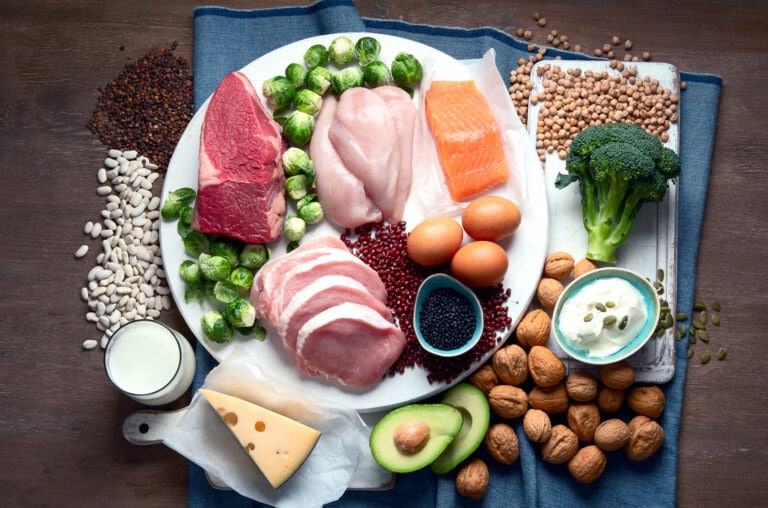
Best Food For Your Dental Health
Good dental hygiene is not just about eating the right foods but also taking care of your oral health at home with easy recipes. Enjoying a well-balanced diet means you should eat two main features: variety and moderation. In addition, the five major groups in which we find vitamins/minerals can help provide perfect teeth – so forget fad diets that may lead to deficiencies.
Food Rich in Protein – Eating protein-rich foods is the best way to keep your teeth strong and healthy. It includes meats like beef or chicken and fish with omega-3 fatty acids, which can help prevent tooth decay.
Food Rich in Calcium – Calcium-rich foods like cheese, yogurt, and leafy greens protect your teeth from becoming weak or broken. It’s also essential to eat plenty of these items daily for them to protect against future dental problems such as cavities.
Fruits and Vegetables – Fruits and vegetables are essential for protecting your teeth from decay. They do it in two ways: 1) by neutralizing acids found on food, which would otherwise erode the enamel; 2). reducing particles that could damage our pearly whites.
Water – Why not start your day with a refreshing glass of water? Not only does it naturally detoxify and heal, but unfiltered waters contain fluoride, making them the most tooth-friendly beverage.
Find A Quality Dental Care Near You!
Visit Designer Smiles to take care of your oral health. Please schedule an appointment for regular cleaning and checkups with one of our dentists today. In addition, we would love to help give more advice on how to get well-maintained, decay-free teeth, so don’t hesitate to contact Designer Smiles at (02) 8074 1722 or book an appointment online.
Frequently Asked Questions
A healthy diet is essential for your oral health because a healthy diet supports overall good health, and good general health is necessary for good oral health.
Some specific nutrients essential for oral health include vitamin C, which helps protect teeth from decay, and calcium and phosphorus, which help strengthen teeth. A balanced diet that includes plenty of fruits, vegetables, whole grains, lean proteins, and dairy products will provide you with these critical nutrients and many others that are essential for overall good health.
In addition to eating a healthy diet, it’s also essential to practice good oral hygiene habits by brushing your teeth twice a day with fluoride toothpaste, flossing daily, and visiting your dentist regularly for checkups and cleaning.
A healthy diet is also vital for weight management. Excess weight can put stress on the teeth and gums, which can lead to dental problems. A healthy diet can help to maintain a healthy weight and reduce the risk of dental problems.
Our diet affects our teeth both directly and indirectly. For example, the acids in foods and drinks can now erode tooth enamel, while the lack of essential nutrients can indirectly lead to tooth decay and other oral health problems.
Enamel is the outer layer of your teeth that protects the dentin and pulp inside. It’s a hard, white substance that is susceptible to erosion from acidic foods and drinks. Over time, if you don’t protect your teeth from these acids, they can wear away the enamel, making your teeth more sensitive to hot and cold and increasing your risk for cavities.
Bacteria that live in plaque cause tooth decay. When you eat sugary foods or drink soda, the bacteria feast on the tooth, causes in plaque.
However, diet also indirectly affects our teeth by impacting our overall health. Poor oral hygiene, for example, can lead to gum disease, increasing the risk of tooth decay and other dental problems. So, while the direct effects of what we eat are important, it’s also crucial to have a good oral hygiene routine to maintain healthy teeth and gum.
Poor diet affects tooth decay by providing an ideal environment for growing bacteria. When you have starchy or sugary foods, the germs in your mouth break them down into acids. These acids can attack the enamel on your teeth, causing cavities.
To reduce your risk of tooth decay, limit your sugary and starchy foods, and brush and floss regularly. In addition, see your dentist for a checkup at least twice a year.
Nutrition affects the health of teeth and gums in a few ways. One is that what we eat provides us with essential nutrients that are important for tooth and gum health. Another is that our diet can influence the amount of plaque and bacteria on our teeth, leading to dental problems if left unchecked. Finally, some specific foods can either help or harm teeth and gums, depending on what they contain.
Some critical nutrients for tooth and gum health include vitamin C, calcium, phosphorus, and magnesium. These nutrients are found in many fruits and vegetables, dairy products and other foods. Therefore, a balanced diet with plenty of these nutrient-rich foods is an excellent way to ensure good oral health.
Yes, diet can undoubtedly cause receding gums. Gum health hugely depends on oral hygiene habits, including proper brushing and flossing, but it’s also influenced by what you eat.
Some foods are more likely to promote gum disease than others. Sugary foods and drinks, for example, can cause bacteria to form plaque on teeth and gums, leading to inflammation and infection. Other unhealthy foods contributing to gum problems include processed meats (like bacon or sausage), high-fat dairy products, and sugary snacks.
On the other hand, a healthy diet with plenty of fruits and vegetables can help keep your gums healthy. These nutrient-rich foods provide essential vitamins, minerals, and proteins for the health and maintenance of your gums.
To protect your gums, eating a healthy diet low in sugar and processed foods is essential. Instead, your diet must be high in fruits, vegetables, and whole grains. Also, brush your teeth twice daily with fluoride toothpaste, and floss regularly. See your dentist for regular checkups and cleanings.
